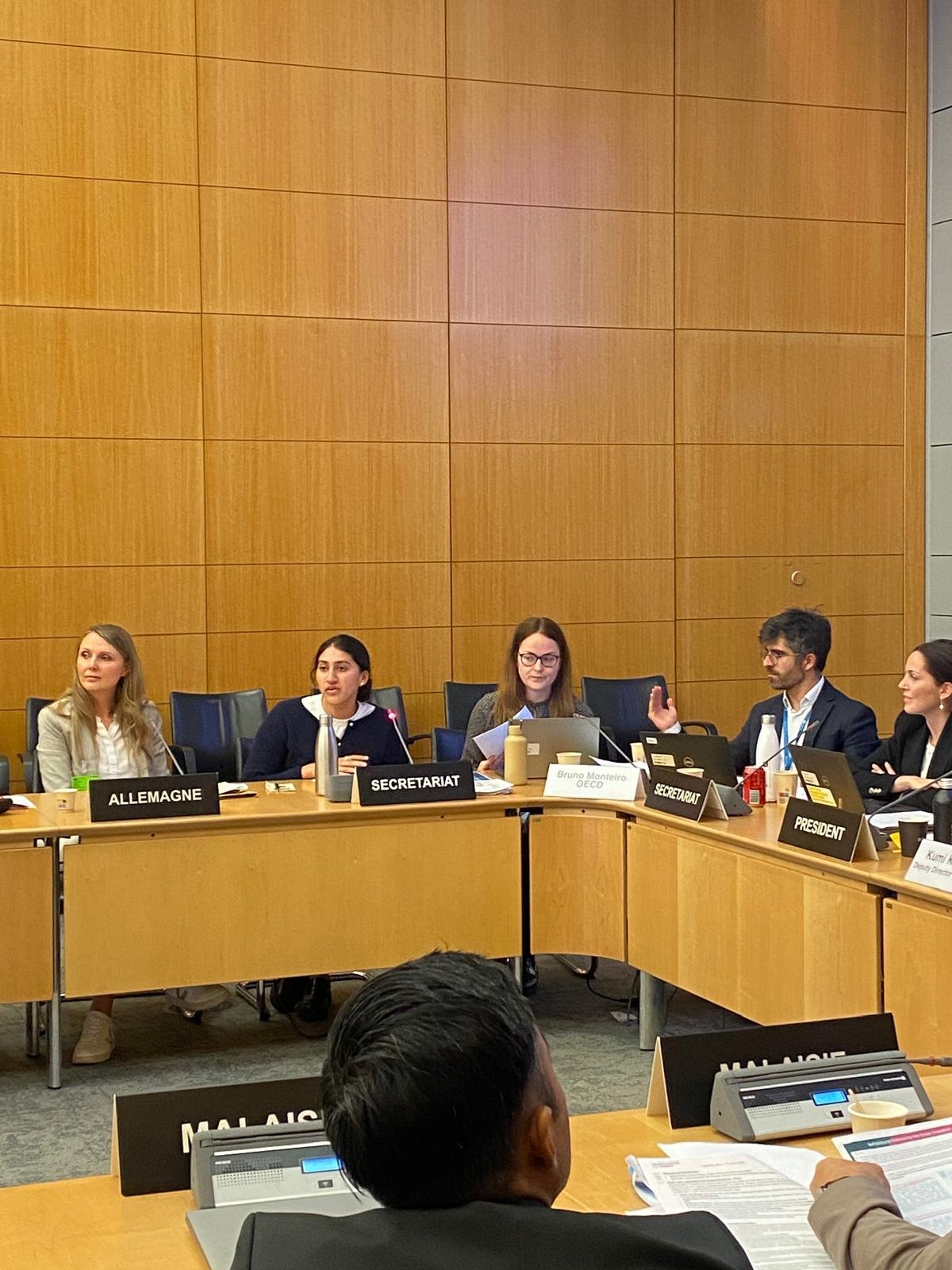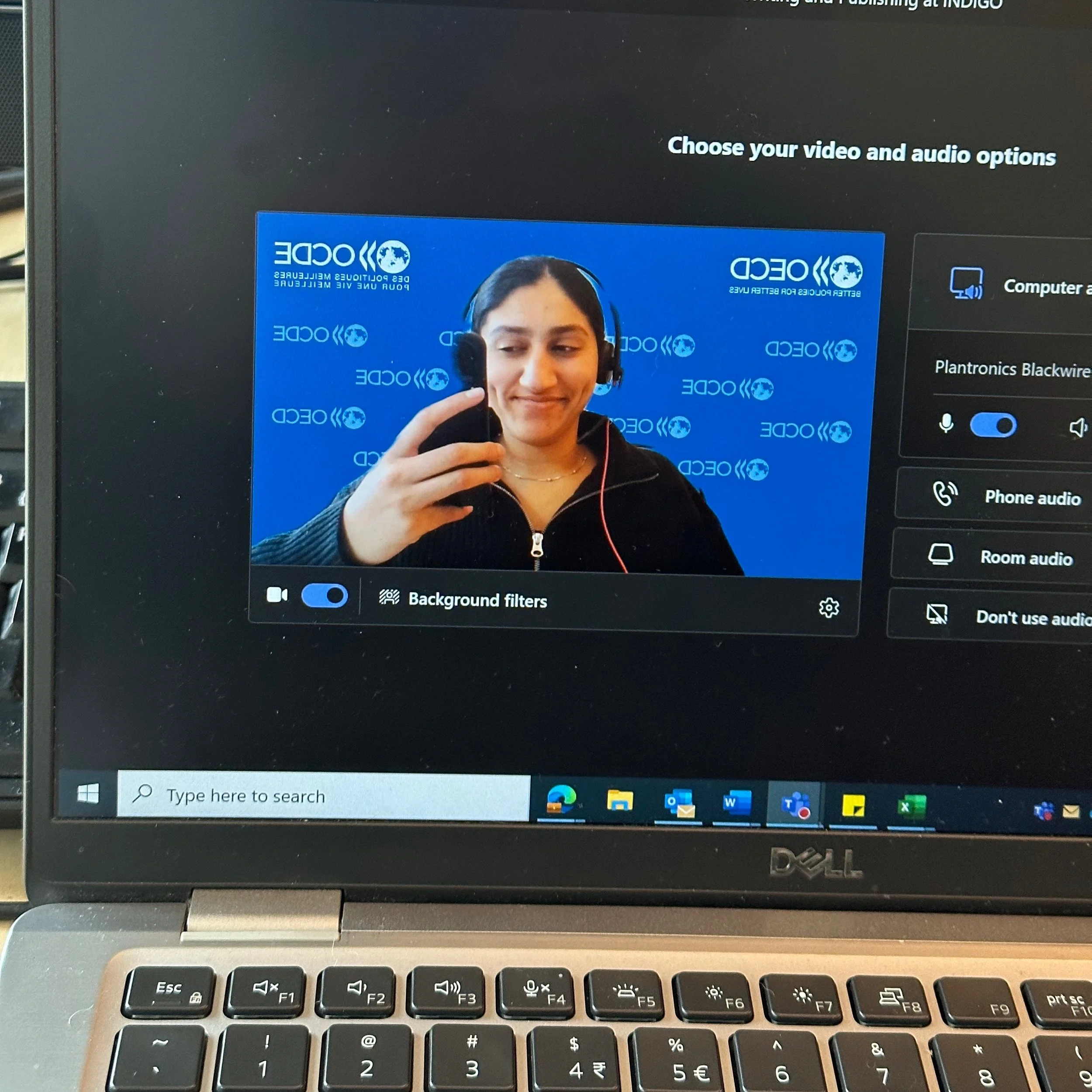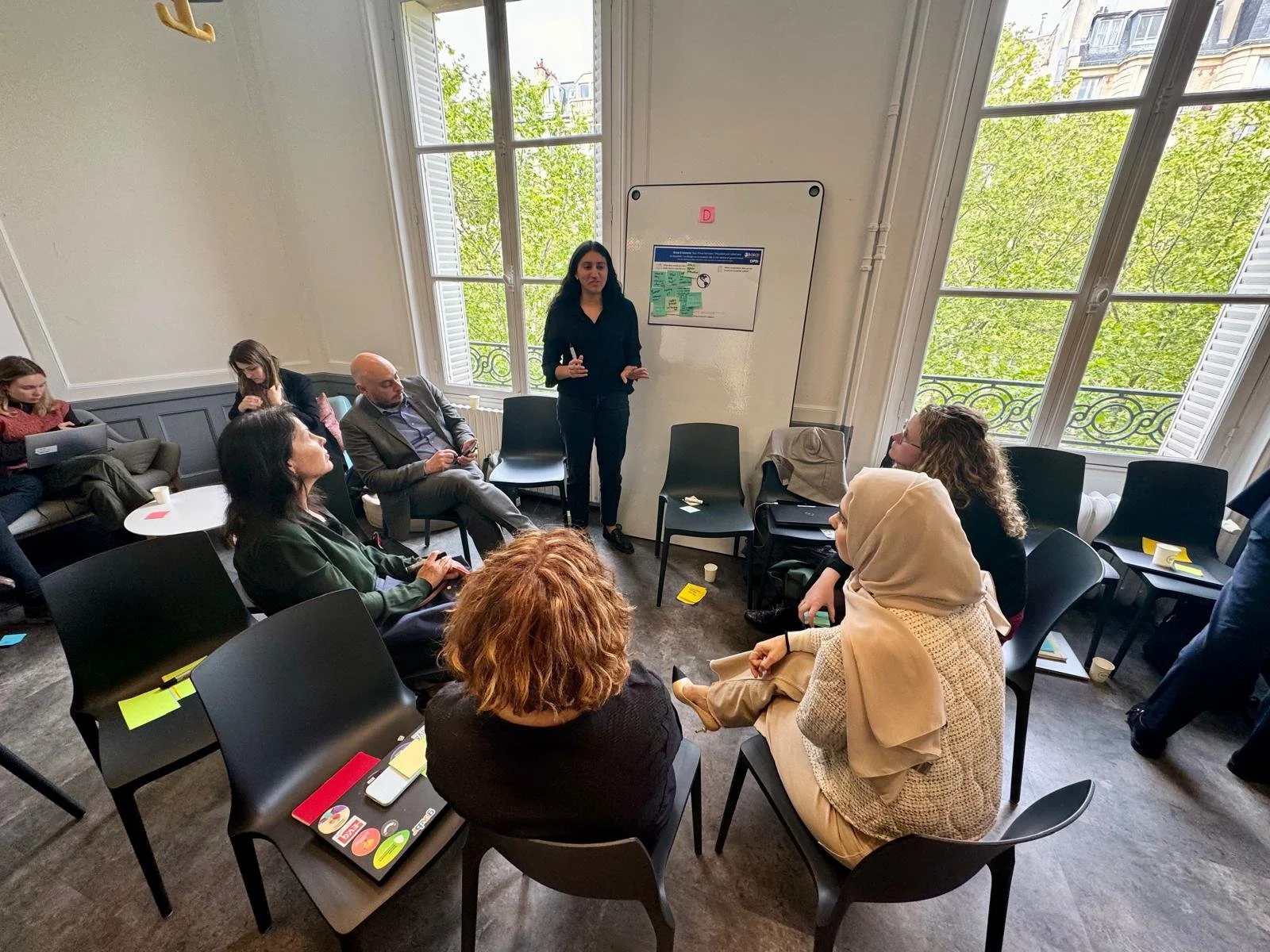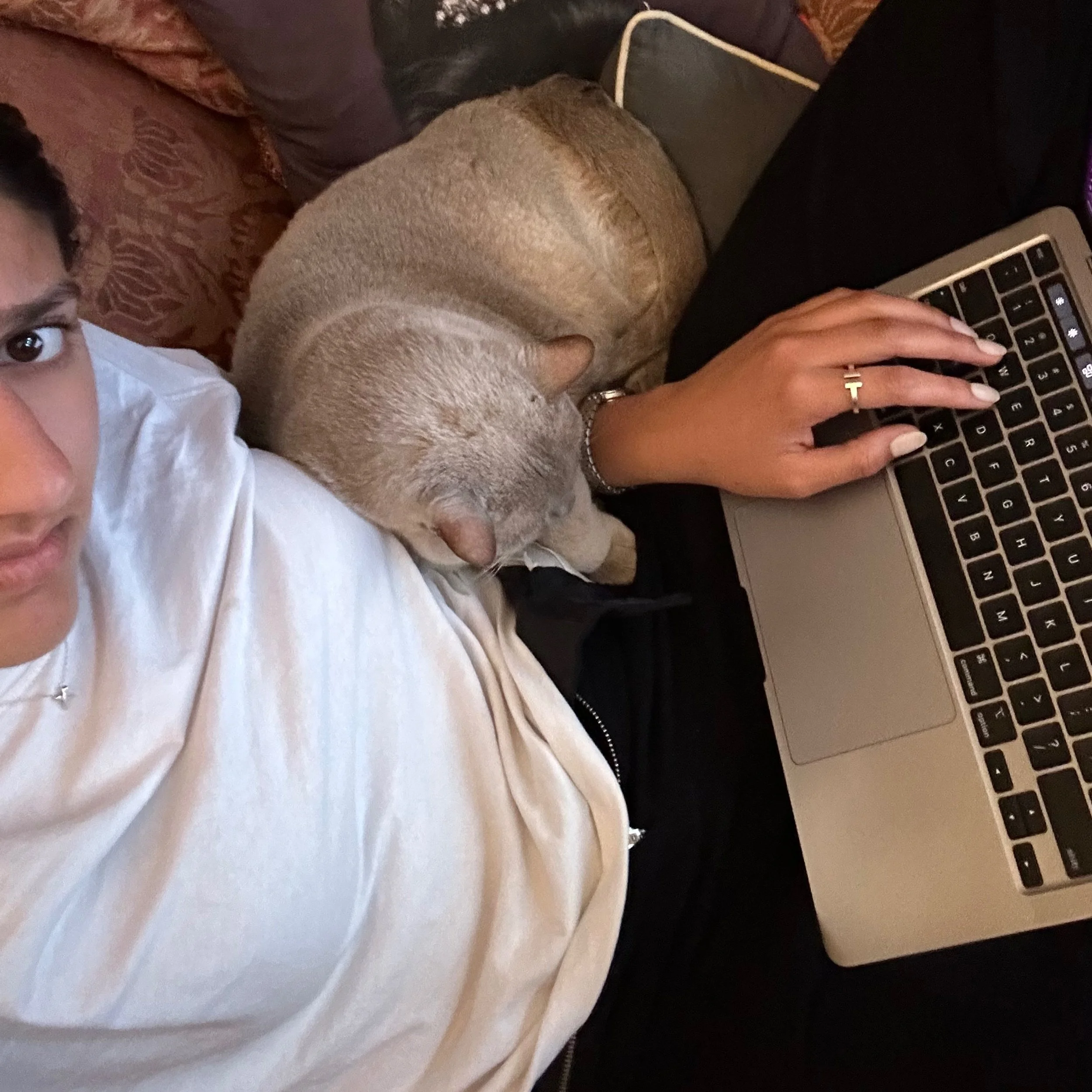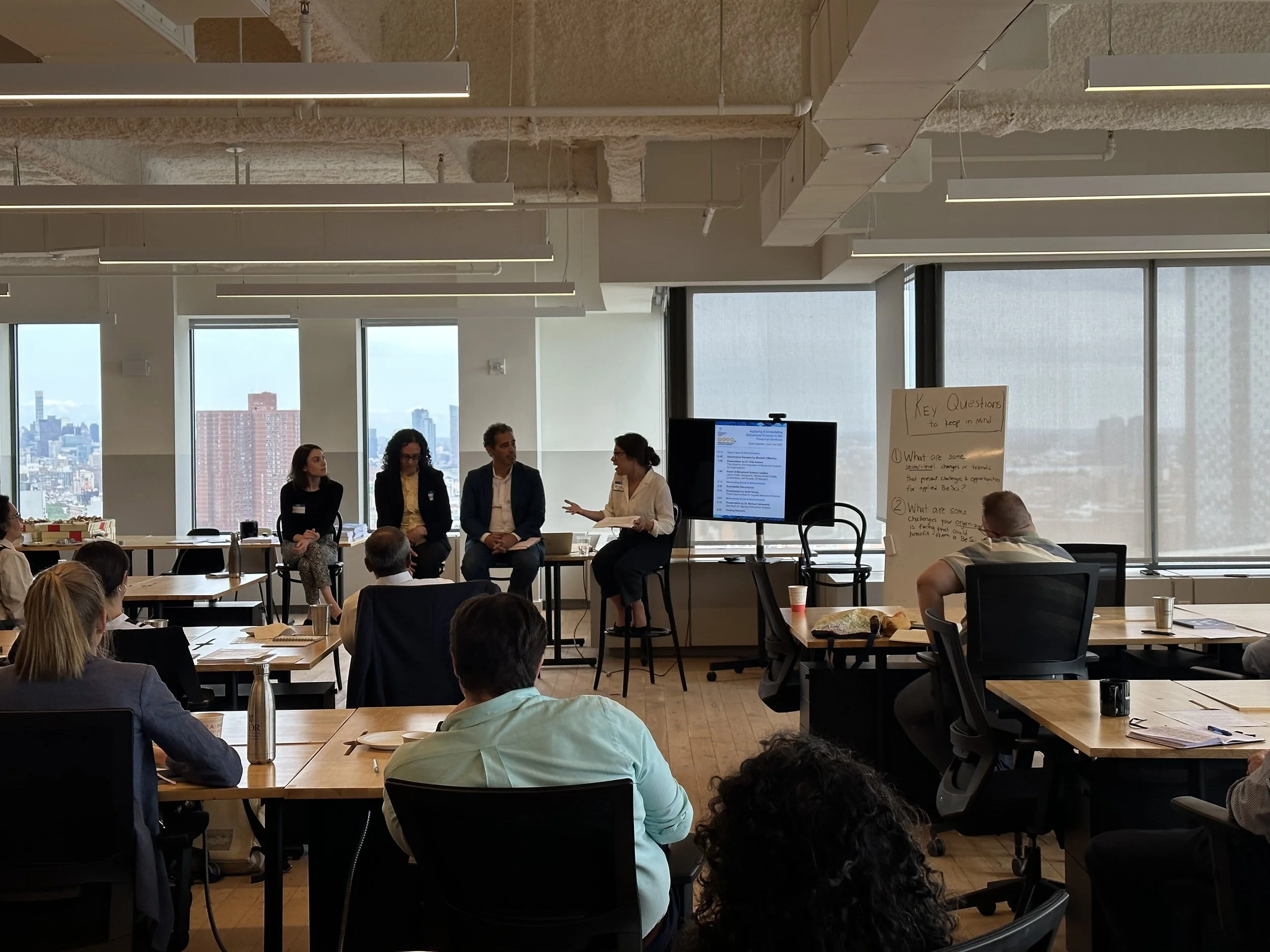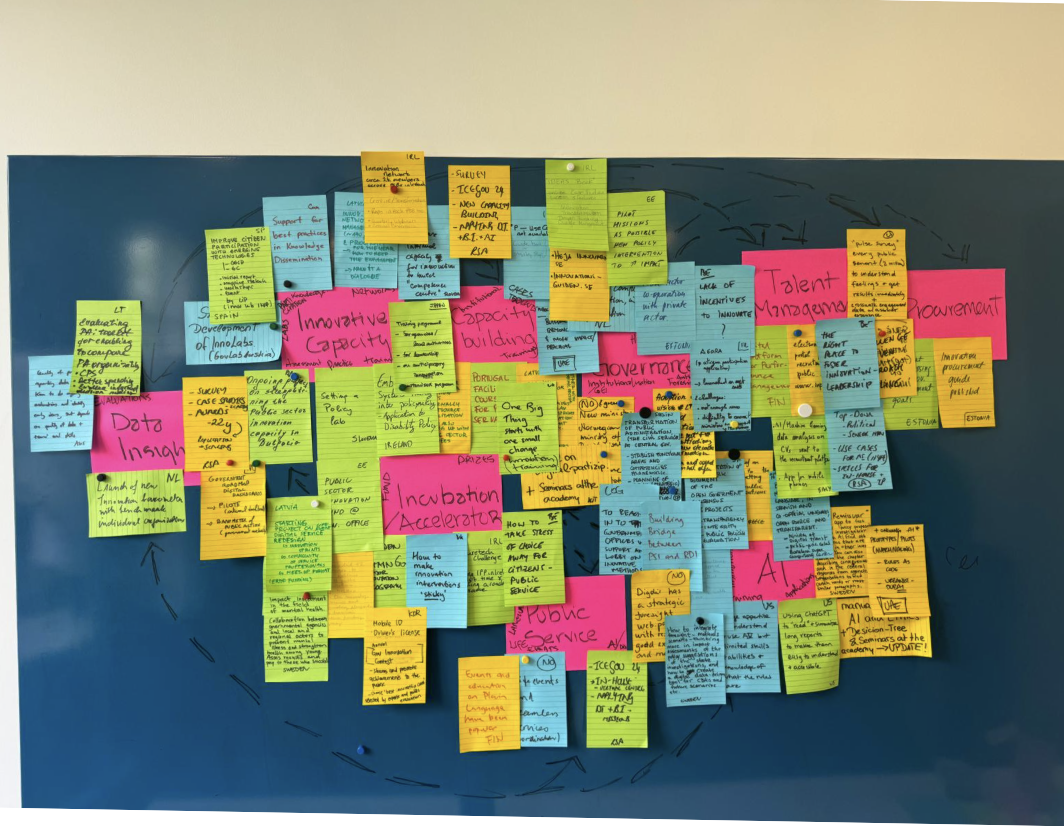
The way I think about things I want to do or work on is pretty simple. I seek out opportunities that I think will be fun and that will allow me to learn a lot really fast. I’ve had pretty diverse work experiences so far, including working in a big international organisation, a small consulting firm, and various niche research labs. Doing a bunch of different things has helped me develop my preferences when it comes to what type of work I like to do and in what environment I want to do it.
Next, I want to work in product at a startup. Product because I’m ready to grow out of the behavioural science niche, I want to absolutely obsess over one thing, I love and am really good at working with people with varying personalities and roles, and I want to push my technical skills around people that are much more technical than me. Startup because I want to work in a small team with minimal bureaucracy and learn to do a lot of different things/wear many hats. I don’t really care what industry or product, I just want to be around really smart people who love what they do and have an opportunity to learn a lot, and fast. I love design, media, consumer packaged goods, and tech.
I like to think that I embody a combination of technical and “soft” skills — I have the data modeling/stats/SQL/Power BI/Python/Figma/Tableau skills, but also the working with diverse personalities/communicating complex ideas in straightforward ways to diverse audiences/knowing what looks right and what doesn't/learning how to learn and doing so extremely quickly skills.
I’m a behavioural economics and statistics student at Wharton.
Work Experiences
Policy at the OECD
I took a gap semester to work at the Organisation for Economic Co-Operation and Development for 6 months. I did behavioural science research, conducted user interviews, helped host an international conference of policymakers, and supported governments in making their products and services more efficient and effective. Most importantly, I led a team through ideation, drafting, and multiple rounds of peer editing to publish a report on a behavioural science audit method that reduce frictions in administrative services.
Consulting at BIT
At the Behavioural Insights Team I worked to solve challenges across various sectors, from improving local revenue monitoring for an extractive industries client to contributing to the early-stage development of Meta’s AI governance initiative. I contributed to the design and execution of experiments, field research, and focus groups with up to 8,000 participants. I also interfaced with clients, wrote proposals, blogs, and internal reports, and helped host a conference about embedding behavioral science in the financial services.
Asset Management at Scotiabank
During my gap year between high school and university I interned in Scotiabank’s asset management arm (1832AMLP) in the fixed income division. I reported directly to the senior manager of investment management systems. Using Bloomberg’s API, I created live interactive dashboards in Tableau and Power BI that visually represented portfolio performance for internal stakeholders and clients. I conducted quantitative and qualitative analysis and due diligence for options and fixed income assets. Most of my work is under an NDA.
Research
I’ve always been interested in behavioural science and started out researching consumer behaviour and behavioural economics. Lately, I’ve been interested in how behavioural science can be used to study AI alignment. More than the subject matter, I love the process of doing research.
I like to use my research to learn things. Lately I’ve been focusing on picking up technical skills (coding, statistical analysis, APIs, database management, etc.). A lot of learning has also happened to me throughout my research experiences. When I started out doing research in 2019 I was learning a lot about the ideation process — how to think about what to think about — and experimental design. Lately, I’ve been learning a lot about the publication process — how the academic “machine” works and what gets published and why — as well as how research is applied to industry (like experimentation, testing, R&D, etc.). As much as I love research for the sake of learning and curiosity I also love when it has practical applications. Research teaches how to think and how to think with people that think different than you. I think a lot of companies could benefit from that type of research mindset, especially in product, and that’s what I hope to do next.
Links to some of my published work:
What we speculate about when we speculate about Sustainable HCI (ACM SIGCAS 2021)
Fixing frictions: ‘sludge audits’ around the world (OECD 2024)
Economic implications of eliminating coal subsidies in G7 countries (Undergraduate Economic Review 2020)
-
I’m curious about how people’s perception of generative AI’s moral standing influences their compliance with it. AKA if you think generative AI deserves moral standing, are you more or less likely to comply with its recommendations? I just proposed my thesis and will be running the experiment in the spring.
I’m excited about this project because I’ve gotten to read a lot of interesting papers about compliance rigorous algorithms and AI alignment. I’m also looking forward to doing the data analysis of the experimental results in Python.
-
I support the development of the Team Communication Toolkit, a Python toolkit that brings many conversational features from academic literature together to facilitate communication research. I conduct literature reviews and translate features from math into Python code to implement into the toolkit.
-
I briefly collaborated with the Psychology of AI Lab at RSM on investigating the psychological distance between people and the generative AI tools they use.
-
Probably one of my coolest projects. Our work was published and presented at the ACM SIGCAS Conference on Computing and Sustainable Societies in June 2021. During my gap year between high school and university I worked with a professor at U of T on exploring the use of speculative design practices for climate change adaptation. I qualitatively analysed 150+ human-computer interaction papers and observed patterns.
-
Our work is published in the Undergraduate Economic Review. My friend and I convinced a professor at Toronto Metropolitan University to supervise us while we used the GTAP Computable General Equilibrium model installed on the lab’s computers to investigate the economic effects of reducing coal subsidies in G7 countries.
-
I worked as a Research Assistant in Angela Duckworth and Katie Milkman’s lab, Behavior Change for Good Initiative.
-
This was my first research project! During my last year of high school I independently ideated, designed, and ran and casual comparative study with 150+ participants to understand the differences in purchase influences online vs offline. I analysed the results for gender and context differences.

